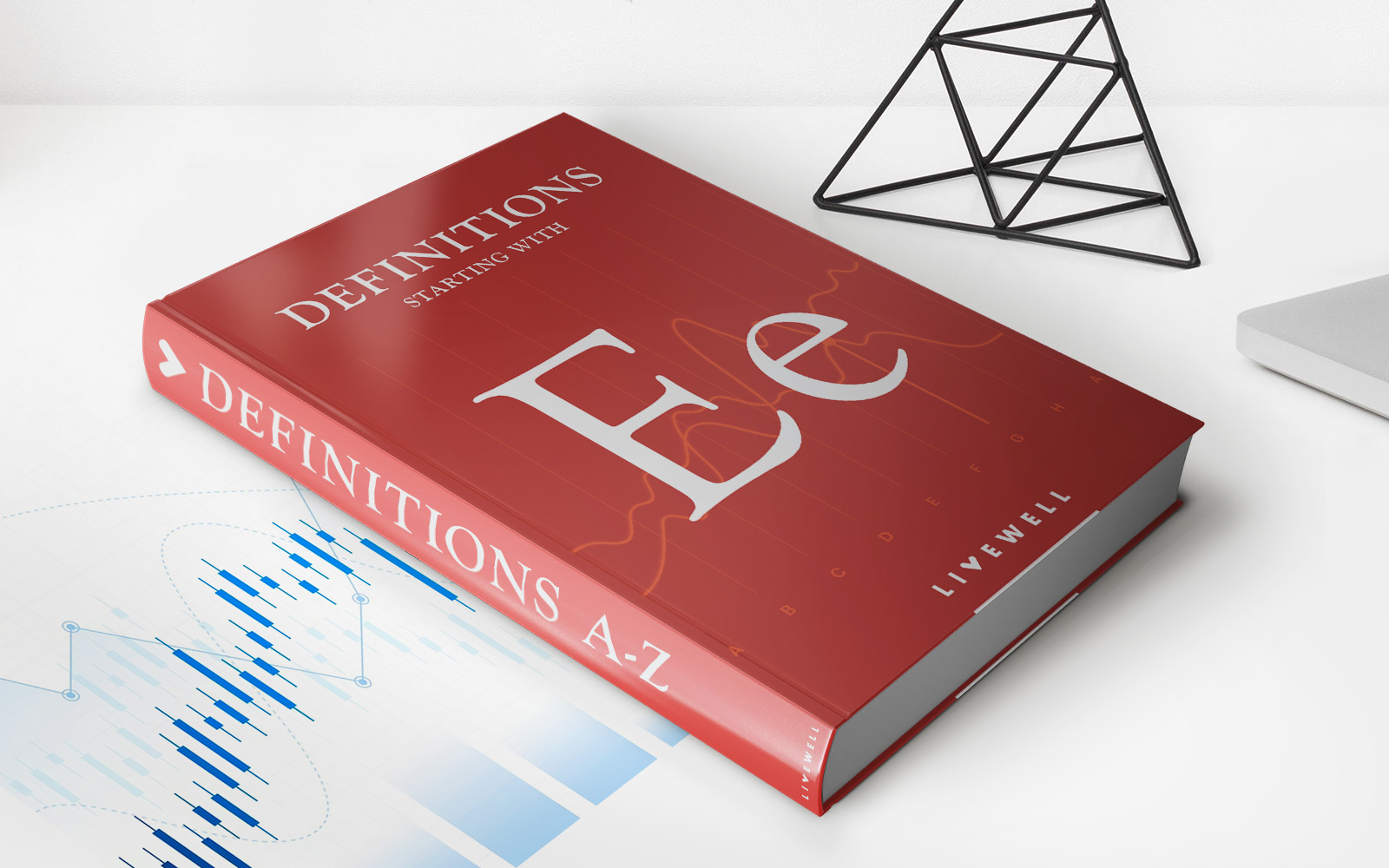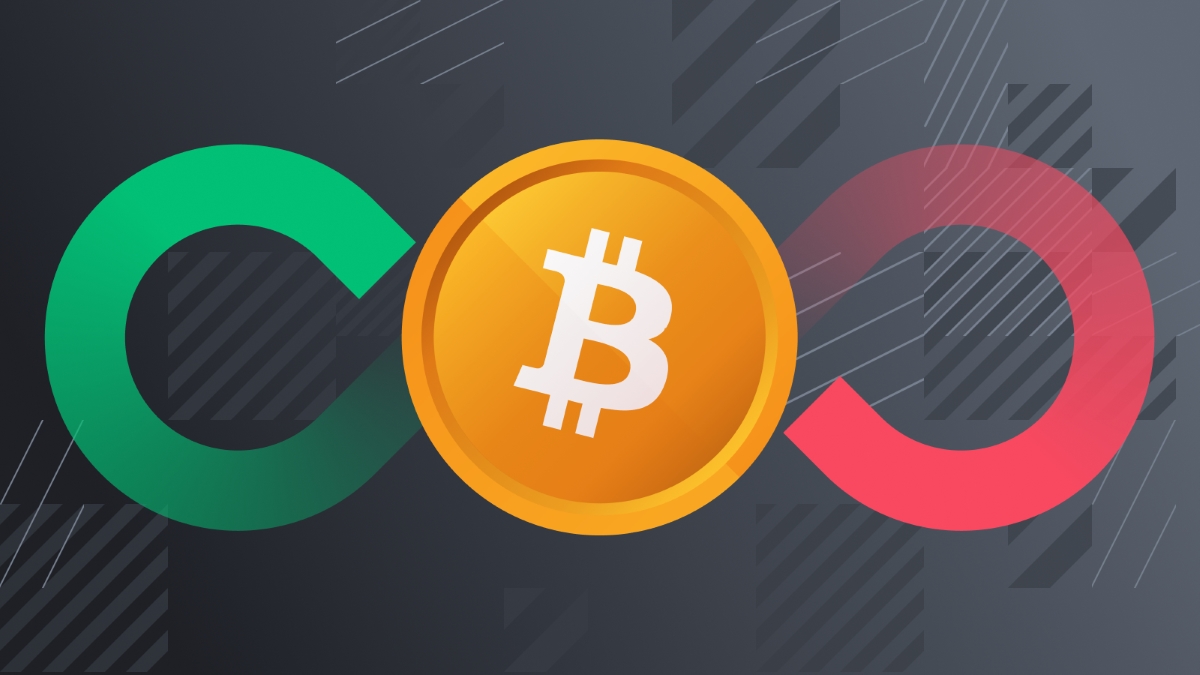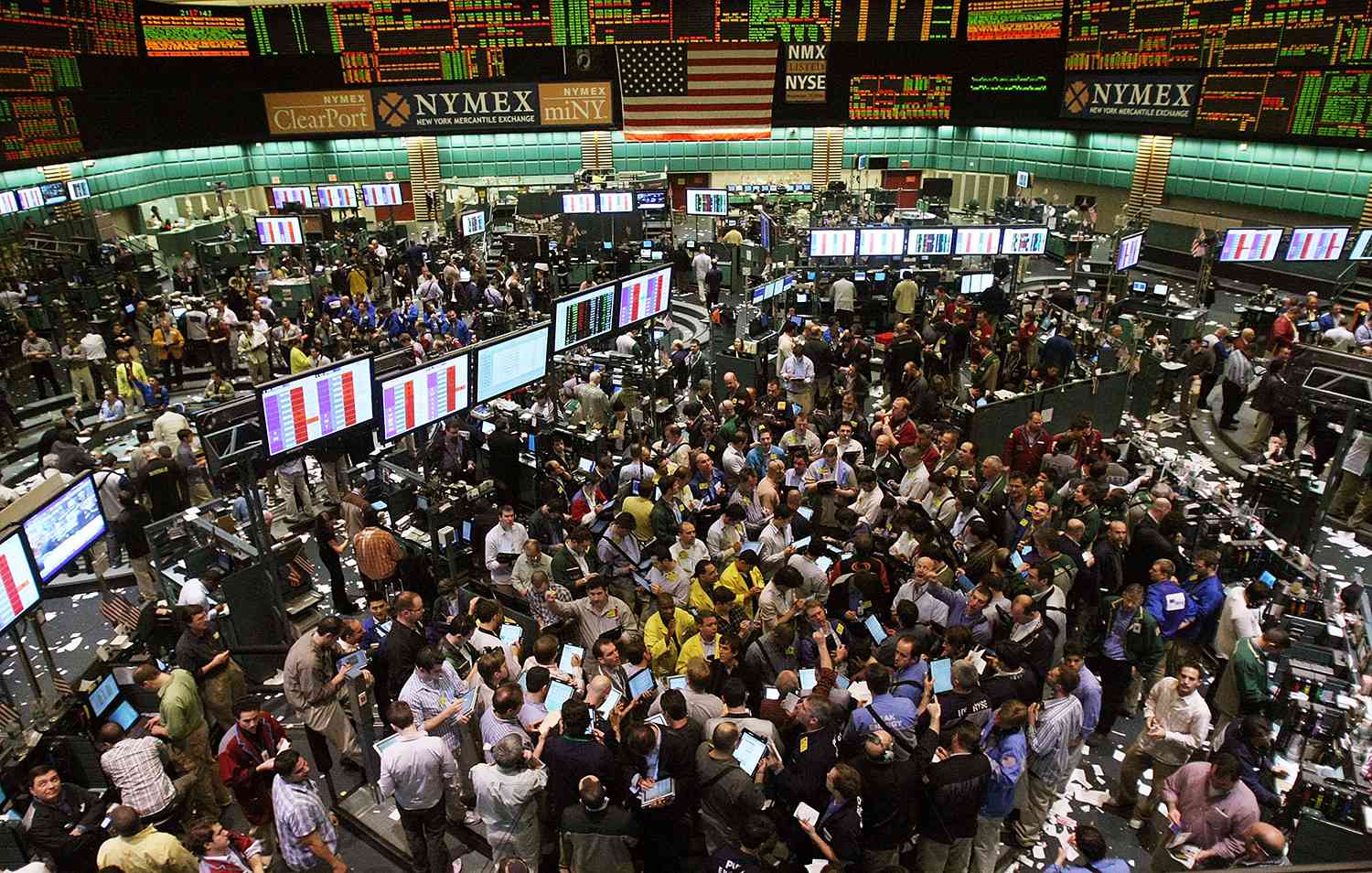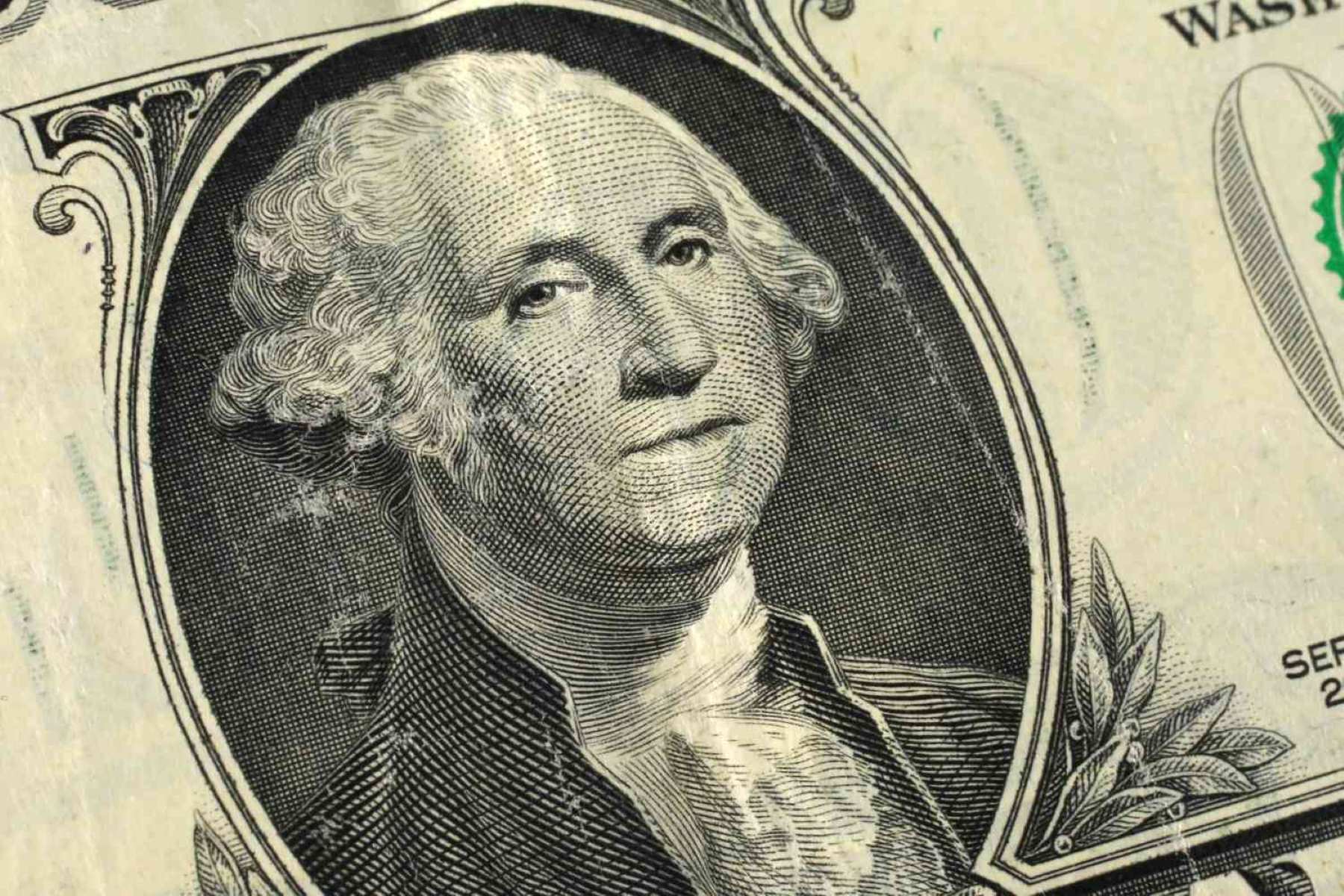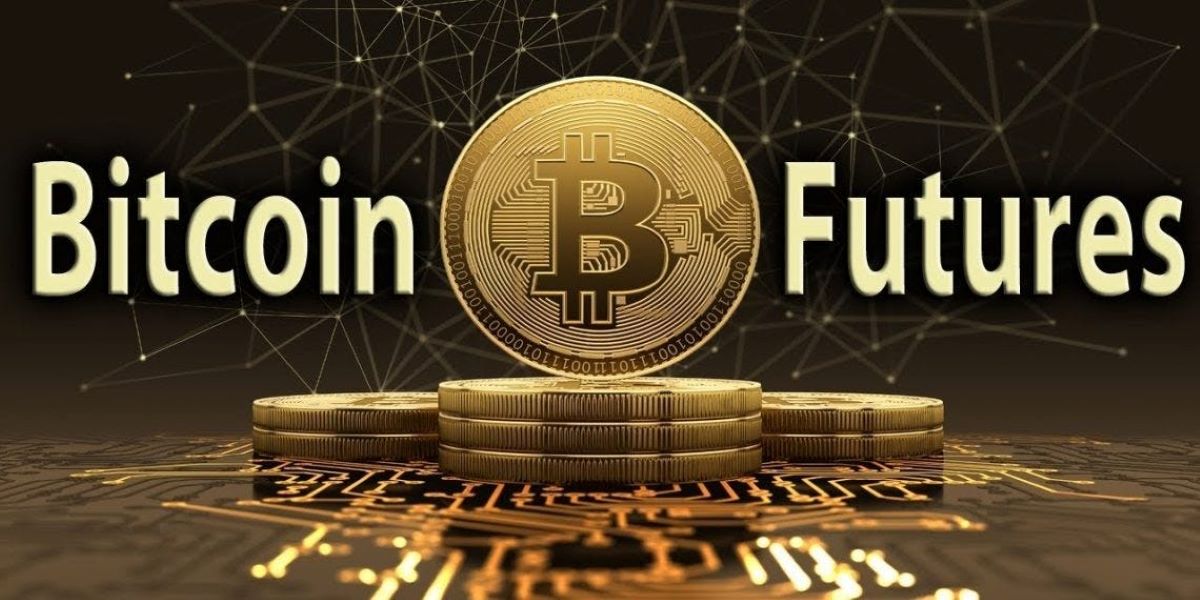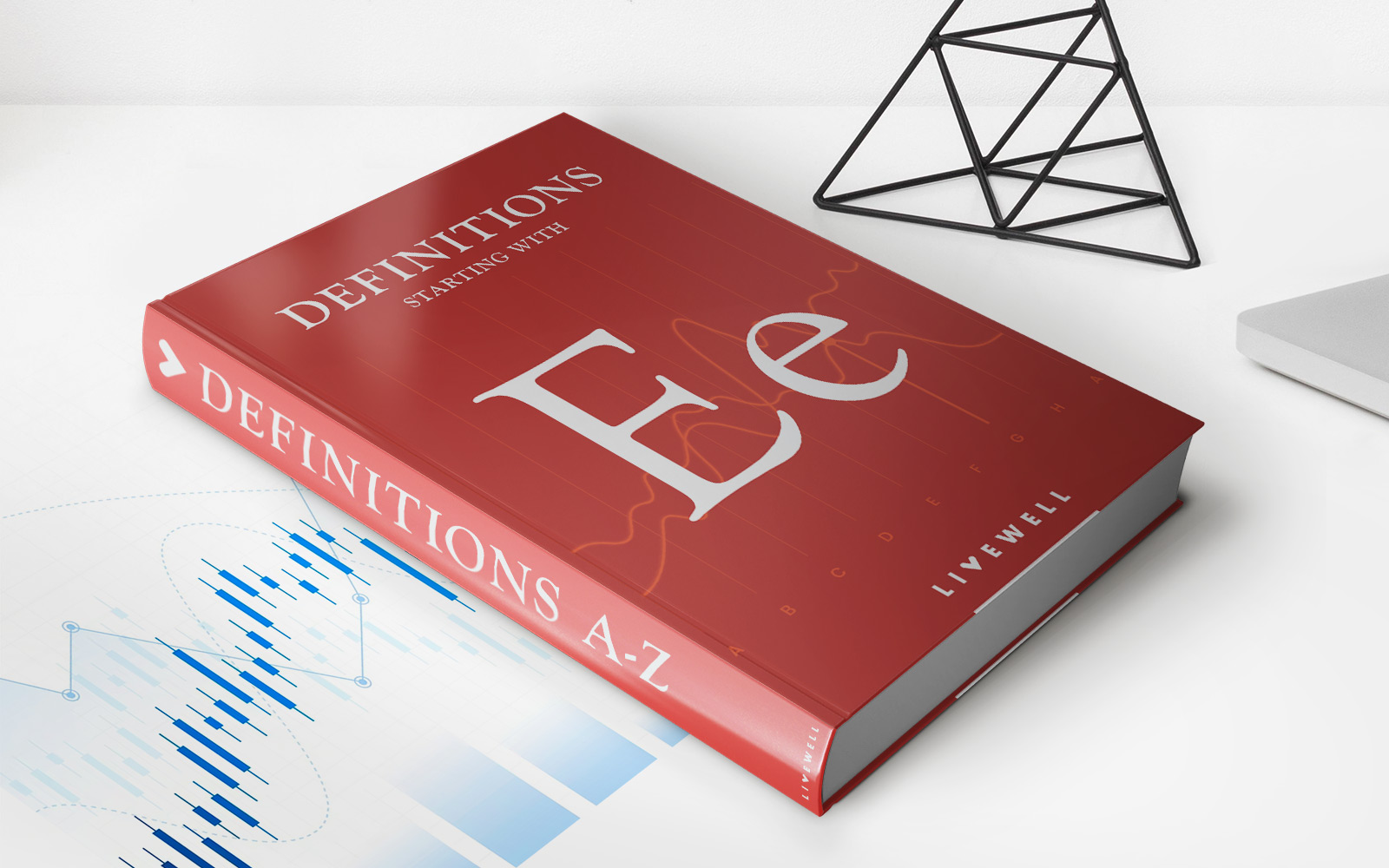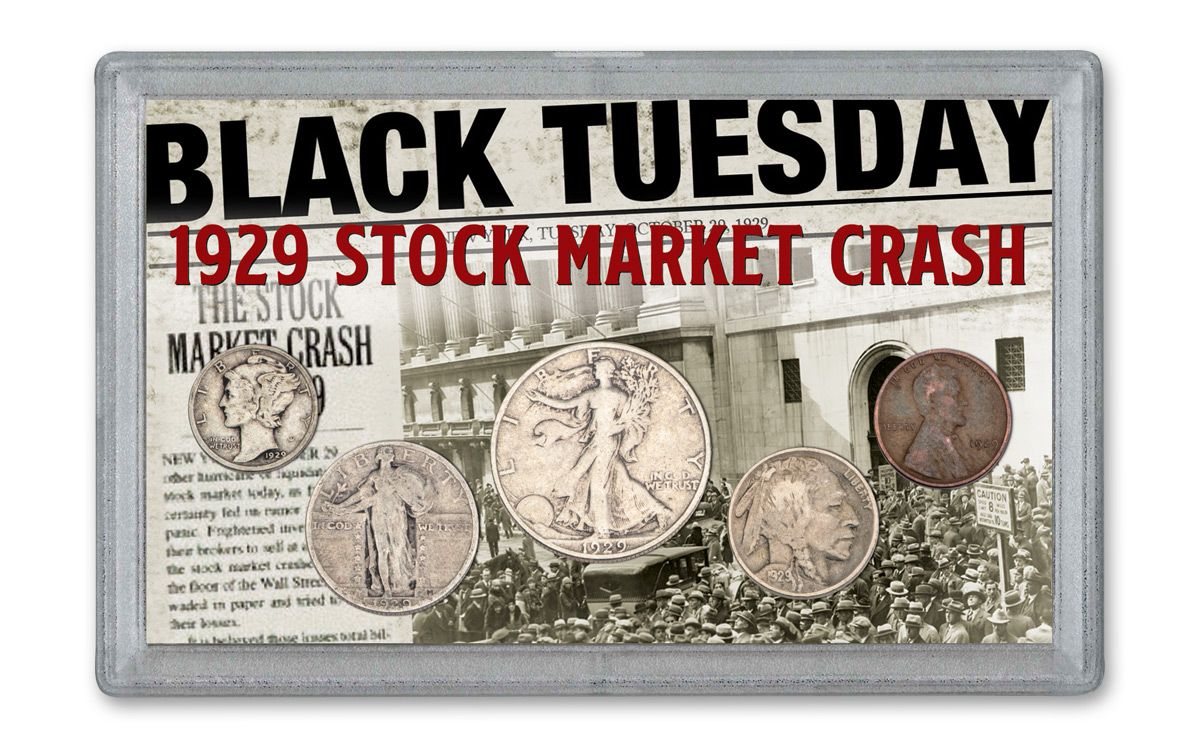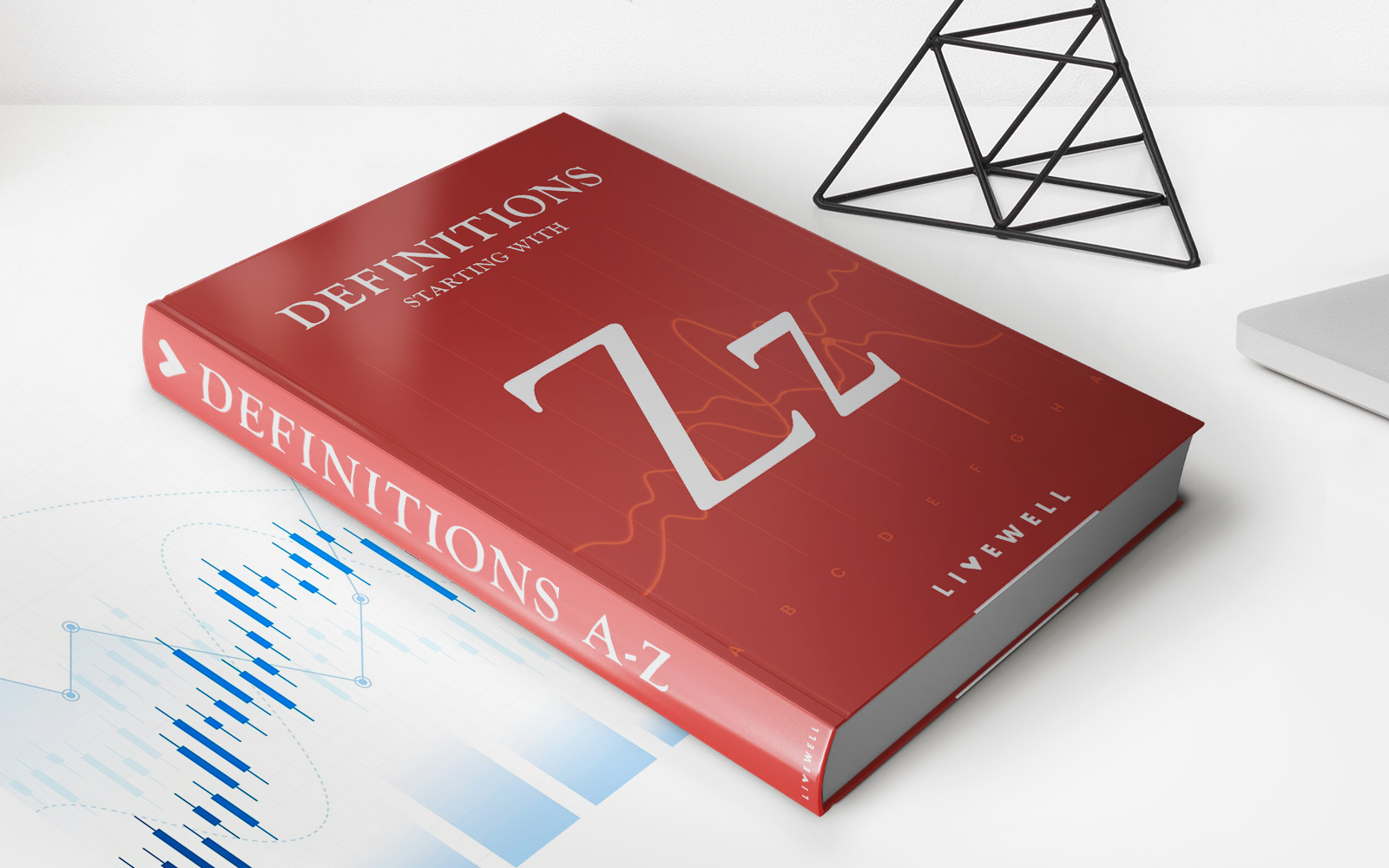Home>Finance>What Was Mt. Gox? Definition, History, Collapse, And Future
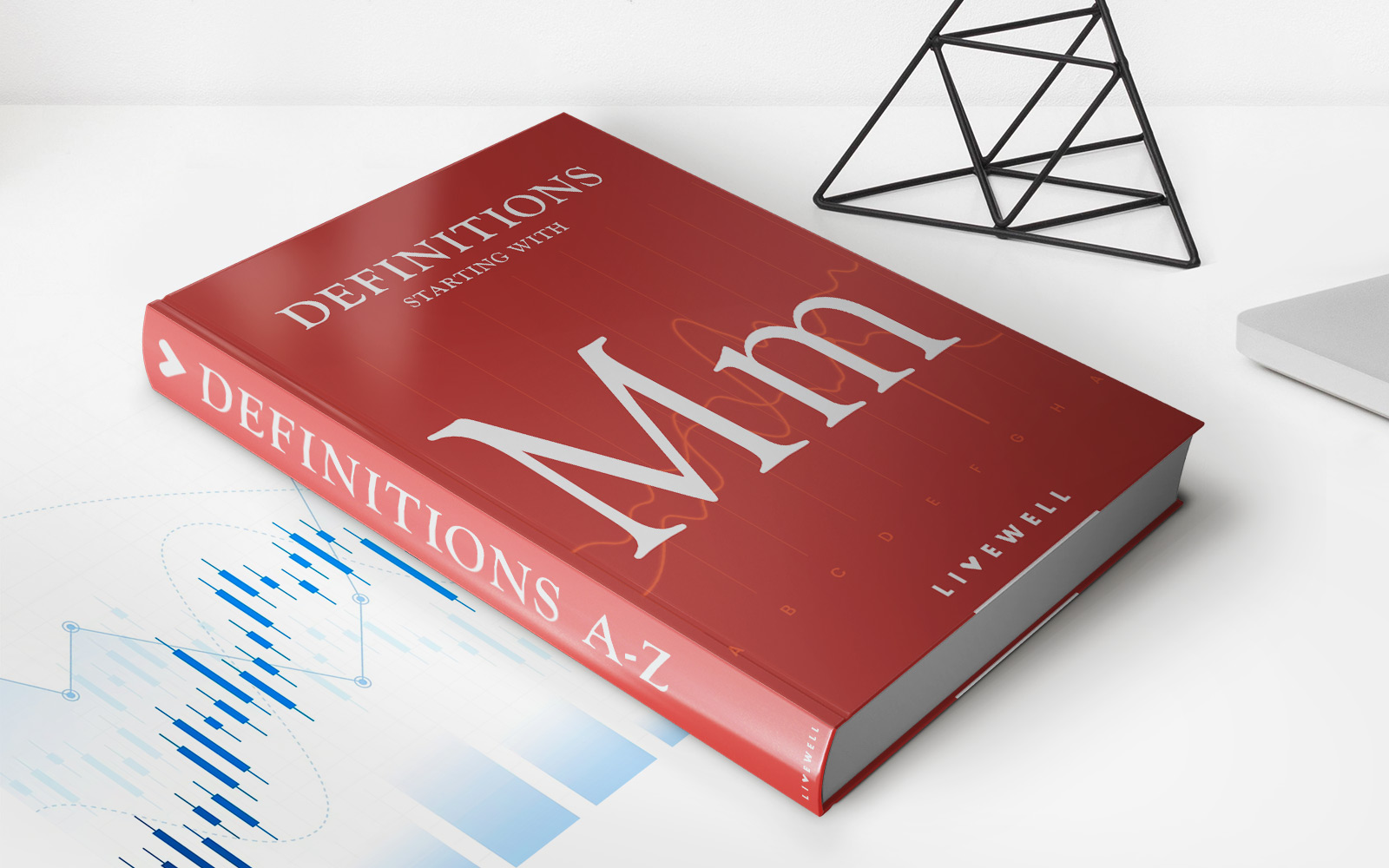

Finance
What Was Mt. Gox? Definition, History, Collapse, And Future
Published: December 28, 2023
Discover the definition, history, collapse, and future of Mt. Gox in the world of finance. Explore the rise and fall of this iconic cryptocurrency exchange.
(Many of the links in this article redirect to a specific reviewed product. Your purchase of these products through affiliate links helps to generate commission for LiveWell, at no extra cost. Learn more)
What Was Mt. Gox? Definition, History, Collapse, and Future
Welcome to the Finance category on our blog! Today, we are diving into the intriguing and captivating story of Mt. Gox. If you’ve ever wondered about the inner workings of this prominent Bitcoin exchange or its scandalous collapse, you’ve come to the right place. Let’s explore the definition, history, collapse, and potential future of Mt. Gox.
Key Takeaways:
- Mt. Gox was one of the first major Bitcoin exchanges, allowing users to trade their fiat currency for Bitcoin and other cryptocurrencies.
- In 2014, Mt. Gox suffered a catastrophic collapse, losing approximately 850,000 Bitcoins, which led to its bankruptcy and a significant dent in the reputation of the cryptocurrency industry.
What was Mt. Gox?
Mt. Gox, short for “Magic: The Gathering Online Exchange,” was originally founded in 2010 by Jed McCaleb. Initially, it was intended to facilitate the trading of virtual cards for the popular online game Magic: The Gathering. However, in just a few months, Mt. Gox shifted its focus to become one of the first and largest Bitcoin exchanges globally.
At its peak, Mt. Gox handled approximately 70% of all Bitcoin transactions, making it a crucial player in the emerging cryptocurrency market. It allowed users to buy, sell, and store Bitcoins, making it easier for enthusiasts and investors to participate actively in this new digital economy.
The History of Mt. Gox
Initially, Mt. Gox faced several challenges, such as security breaches and regulatory hurdles. However, it managed to navigate through those obstacles and continued to grow rapidly. As its popularity increased, so did the number of users and the trading volume on the platform.
Yet, in 2014, disaster struck. Mt. Gox revealed that they had lost around 850,000 Bitcoins (worth over $450 million at the time) due to a long-lasting series of malicious hacks and internal theft. This catastrophic failure resulted in the bankruptcy of the exchange and left many users devastated.
The Collapse of Mt. Gox
Following the massive loss of funds, Mt. Gox suspended all trading activities, filed for bankruptcy protection in Japan, and started a lengthy investigation into the stolen Bitcoins. The incident shook the trust and confidence of the cryptocurrency community and raised concerns about the security of exchanges and the overall stability of the market.
As legal proceedings unraveled, it became apparent that poor management, lax security measures, and potential manipulation were some of the contributory factors to the collapse of Mt. Gox. While the bankruptcy trustee has continuously sold off recovered Bitcoins to repay creditors, the process has been long and complicated, leaving much of the stolen funds unrecovered to this day.
The Future of Mt. Gox
Although Mt. Gox ceased to exist as a functional exchange after its collapse, discussions surrounding the distribution of remaining assets to creditors have been ongoing. Some financial experts predict that once all legal proceedings conclude, creditors may receive partial compensation for their lost investments.
The incident served as a crucial turning point for the cryptocurrency industry, prompting stricter regulations and security protocols for exchanges, as well as heightening the importance of due diligence for investors.
In Conclusion
The rise and fall of Mt. Gox hold significant lessons for both the cryptocurrency community and the wider financial world. While it showcased the potential risks associated with trading digital assets, it also spurred important developments in the industry’s security and regulatory frameworks. As we move forward, it is crucial to remember and learn from the Mt. Gox debacle, ensuring that the mistakes of the past are not repeated.
Thank you for joining us in this exploration of Mt. Gox. We hope you found this blog post insightful, and we look forward to sharing more engaging and informative content with you in the future.
